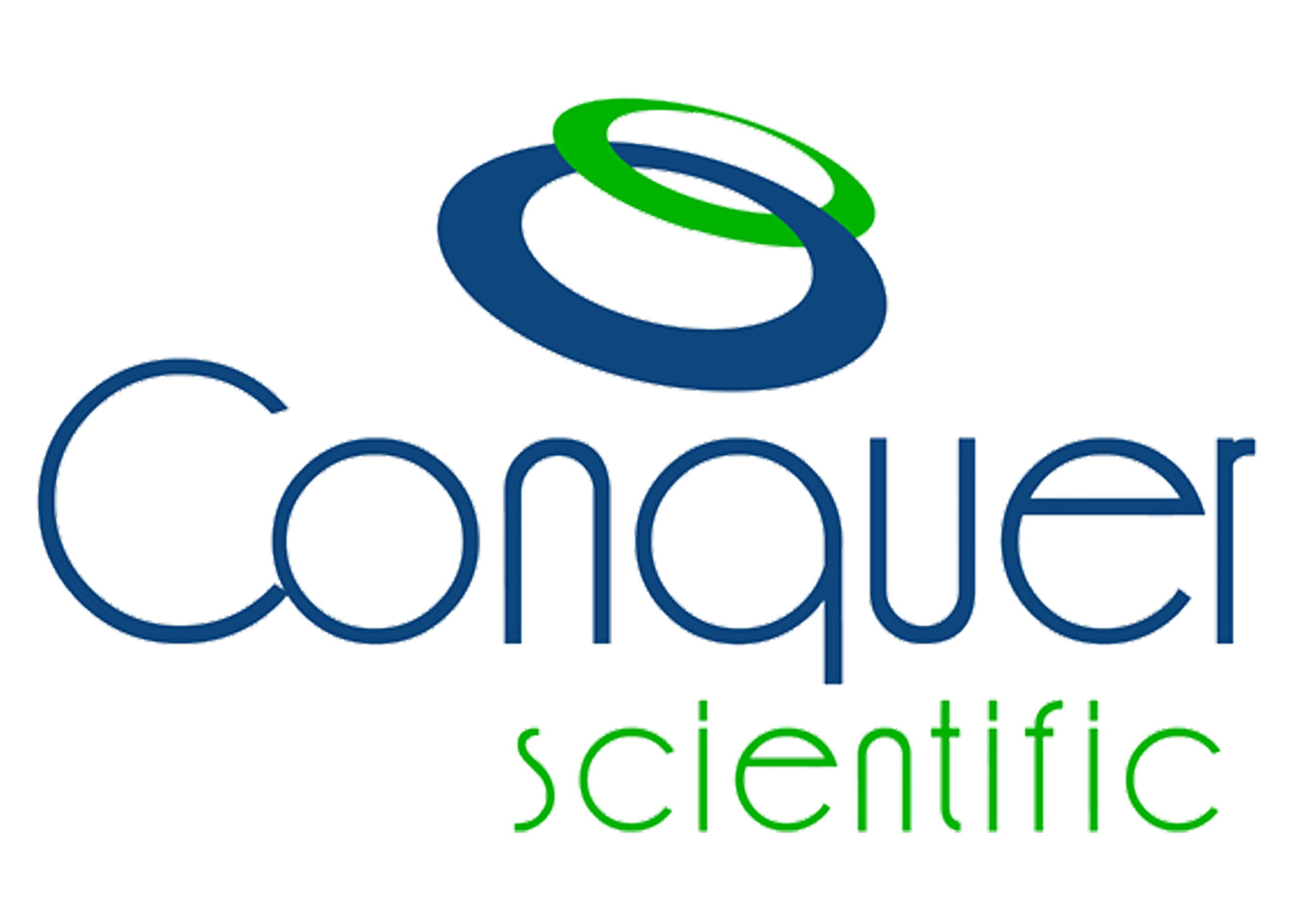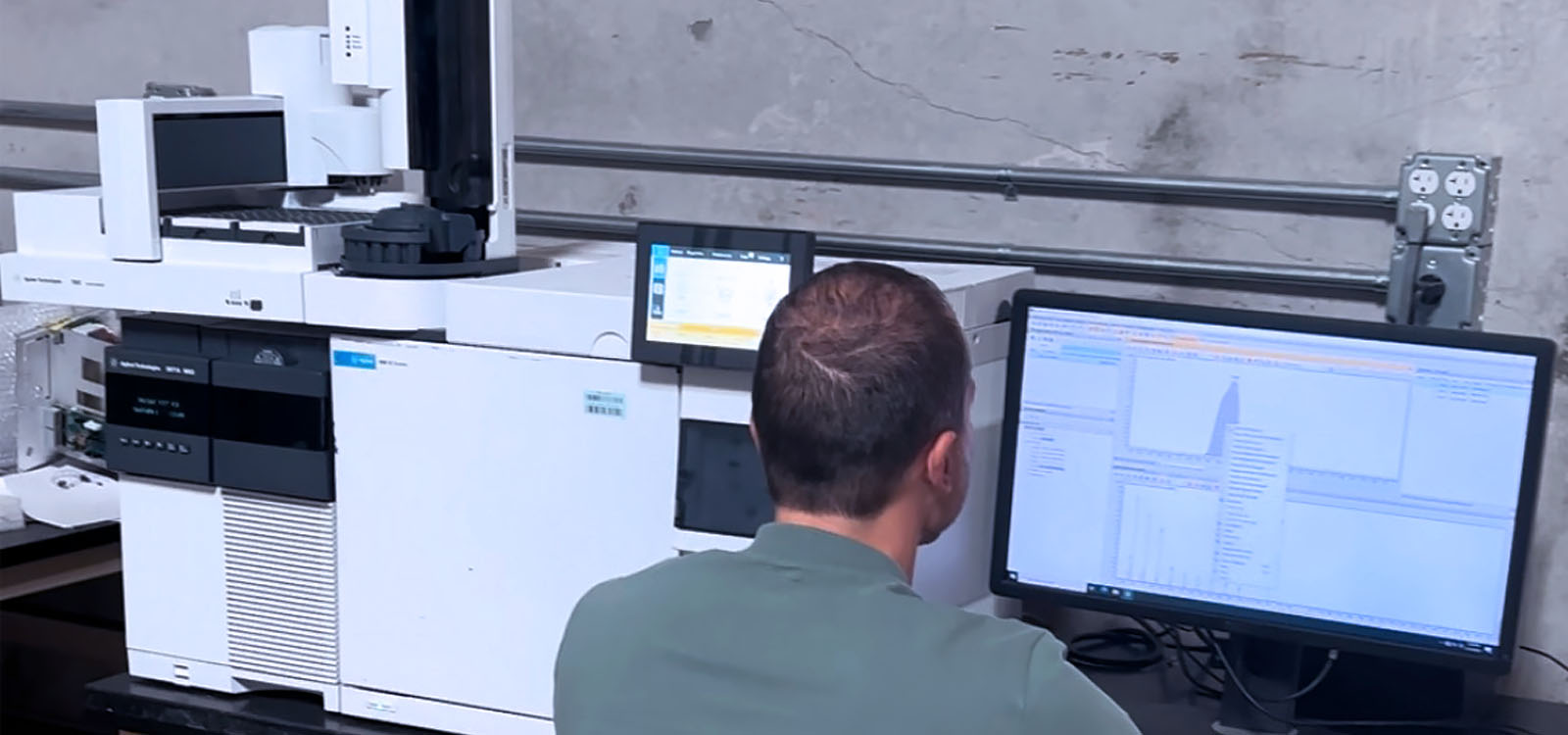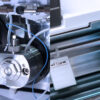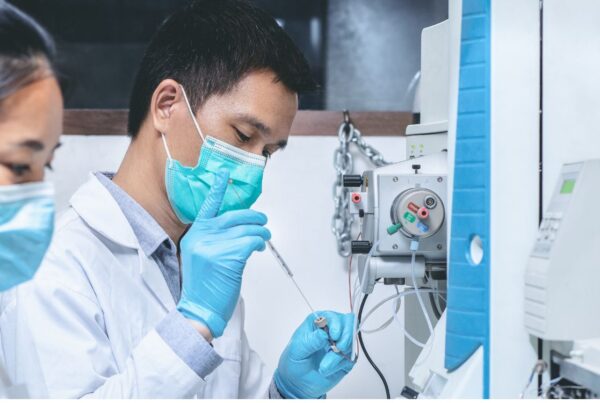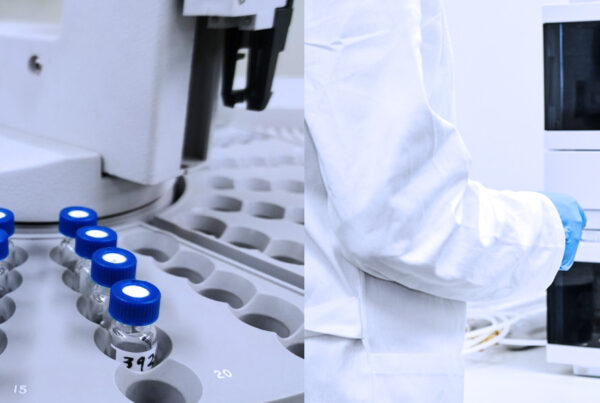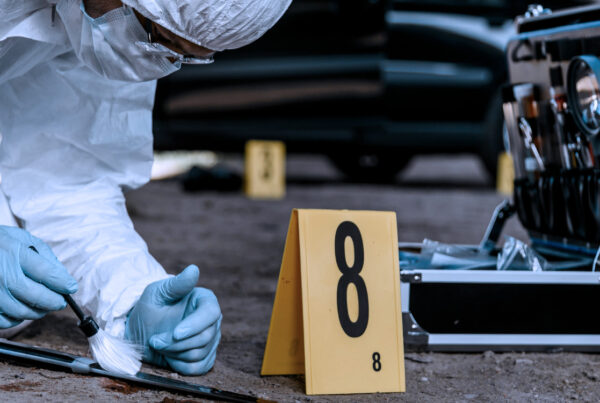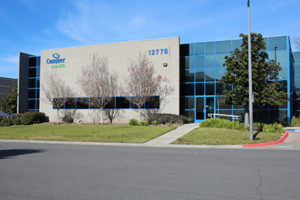Pesticide residue testing is a critical component of ensuring food safety, environmental protection, and compliance with regulatory standards. As the demand for reliable and accurate analysis increases, laboratories are turning to Gas Chromatography-Mass Spectrometry (GC-MS) for its sensitivity, precision, and versatility. However, optimizing the efficiency of pesticide residue testing with GC-MS requires a strategic approach. Here, we discuss some key tips and best practices to enhance your testing process.
1. Sample Preparation: The Foundation of Accurate Results
Sample preparation is the first step in pesticide residue analysis and plays a crucial role in determining the accuracy of the results. The primary objective is to isolate the pesticide residues from the sample matrix while minimizing interference. Using techniques like QuEChERS (Quick, Easy, Cheap, Effective, Rugged, and Safe) can streamline this process. QuEChERS is particularly effective for multi-residue analysis, offering a simple and efficient way to extract a wide range of pesticide residues from food samples.
2. Instrument Calibration and Maintenance
For GC-MS systems to deliver accurate and reproducible results, regular calibration and maintenance are essential. Calibration ensures that the instrument’s response is consistent over time, while maintenance prevents unexpected downtimes and prolongs the life of the equipment. Implementing a routine maintenance schedule, including cleaning of the ion source, checking for leaks, and replacing consumables like septa and liners, can help maintain the system’s performance. Additionally, calibrating with matrix-matched standards can improve the accuracy of quantification by compensating for matrix effects.
3. Optimizing Method Parameters
Optimizing your GC-MS method parameters is vital for achieving the best results in pesticide residue analysis. Key parameters to focus on include the choice of column, temperature program, and mass spectrometer settings. The selection of the appropriate column is crucial, as it directly affects the separation of pesticide residues. Columns with high efficiency and low bleed are preferred, as they provide better resolution and sensitivity. Fine-tuning the temperature program can enhance the separation and reduce the analysis time, while optimizing the mass spectrometer’s settings, such as ion source temperature and scan rate, can improve detection limits and reduce noise.
4. Data Analysis and Quality Control
Data analysis in GC-MS requires careful attention to detail. Automated data processing tools can help streamline the process, but manual review is often necessary to ensure accuracy. Establishing robust quality control (QC) procedures is also critical. This includes the use of QC samples, such as spiked blanks, replicates, and internal standards, to monitor the performance of the method and the instrument. Consistently reviewing QC data can help identify any issues early, allowing for timely corrective actions.
5. Continuous Training and Method Development
The field of pesticide residue analysis is constantly evolving, with new regulations, pesticides, and analytical techniques emerging regularly. Continuous training for laboratory personnel is essential to stay updated with the latest advancements and to maintain high standards of testing. Regularly revisiting and refining your methods can also lead to improved efficiency and accuracy. Engaging in collaborative studies or participating in proficiency testing schemes can provide valuable insights and help validate your methods.
Enhancing the efficiency of pesticide residue testing with GC-MS requires a combination of meticulous preparation, routine maintenance, method optimization, rigorous quality control, and continuous training. By implementing these best practices, laboratories can ensure accurate and reliable results while meeting the growing demands of pesticide analysis.
At Conquer Scientific, we understand the challenges laboratories face in maintaining high-performance GC-MS systems. As a trusted supplier of fully refurbished GC-MS equipment, we offer not only high-quality instruments but also comprehensive services and expertise to support your laboratory’s needs. Our refurbished systems undergo rigorous testing and calibration, ensuring they meet the highest standards of performance and reliability. Whether you need a complete GC-MS system, replacement parts, or expert consultation, Conquer Scientific is your partner in achieving excellence in pesticide residue analysis. Contact us today to learn more about our products and services.
